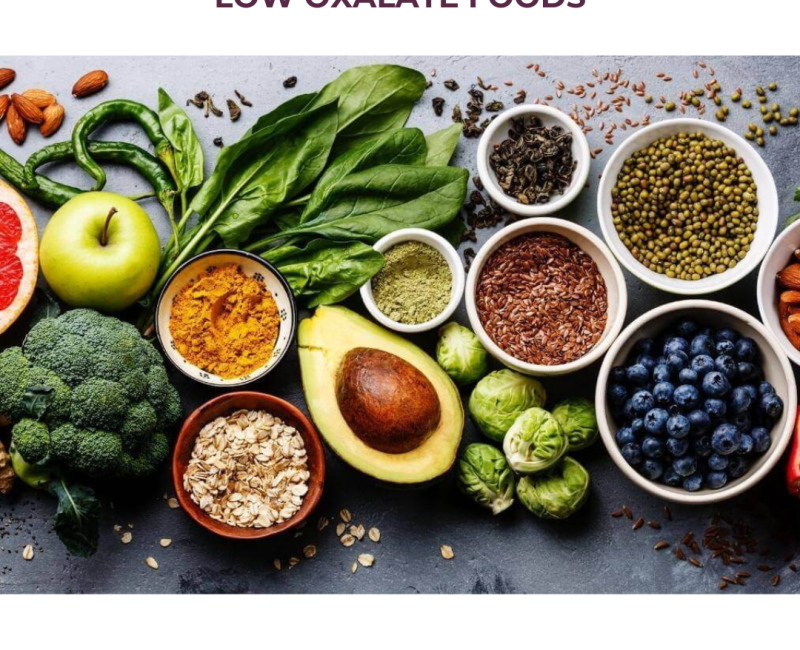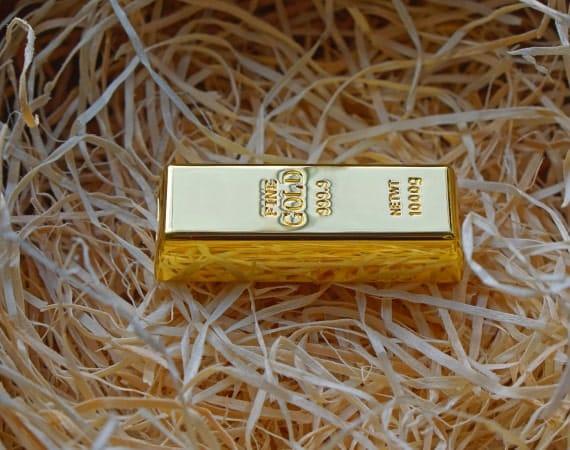Kidney Stone Foods to Avoid: A Guide to Better Kidney Health

Kidney stones can cause severe discomfort and recurring health issues if not managed properly. One of the most effective ways to reduce the risk of developing stones is by following a proper diet. Certain foods can increase stone formation, while others can help prevent it. Knowing the right kidney stone foods to avoid is the first step toward protecting your kidney health.
Why Diet Matters for Kidney Stones
Kidney stones form when minerals and salts, such as calcium, oxalate, and uric acid, crystallize in the kidneys. Diet plays a direct role in either increasing or reducing these substances. A well-balanced kidney-friendly diet reduces the risk of new stones and prevents the growth of existing ones.
High-Oxalate Foods to Avoid
Oxalate is a natural compound found in many foods. When it binds with calcium in the kidneys, it can lead to the formation of calcium oxalate stones—the most common type of kidney stone. To lower your risk, limit or avoid high-oxalate foods such as:
- Spinach
- Beets
- Rhubarb
- Swiss chard
- Nuts like almonds and cashews
- Chocolate
Keeping a check on these foods is one of the most important steps when considering kidney stone foods to avoid.
Excess Animal Protein
Eating too much animal protein such as red meat, poultry, and shellfish can raise uric acid levels in the body. This increases the likelihood of uric acid stones. High-protein diets also lower citrate levels in urine, a natural inhibitor that helps prevent stones. Reducing excessive meat consumption and including more plant-based proteins can help.
Salty and Processed Foods
High sodium intake contributes to kidney stone formation because it increases the amount of calcium in urine. Processed snacks, canned foods, and fast food are usually loaded with sodium. Reducing salt not only supports kidney health but also benefits overall blood pressure and heart health.
Sugary Drinks and Soda
Sugary beverages, especially those containing high fructose corn syrup, can increase stone risk. Cola-based sodas also contain phosphoric acid, which negatively affects the kidneys. Instead, drink water, which dilutes minerals in urine and reduces the chance of stones forming. Staying hydrated is essential for preventing stones.
Too Much Vitamin C
Excess vitamin C supplements can increase oxalate levels in the urine. While natural vitamin C from fruits is safe in moderation, large doses of supplements should be avoided.
Safer Food Choices
Avoiding harmful foods doesn’t mean your diet has to be boring. Include more kidney-friendly options such as:
- Fresh fruits like apples, grapes, and berries
- Low-oxalate vegetables like cauliflower, cabbage, and zucchini
- Whole grains like barley and rice
- Adequate amounts of water throughout the day
These choices can help reduce stone risk while keeping your meals enjoyable.
Final Thoughts
Managing kidney stones isn’t just about treatment—it’s about prevention through lifestyle and diet. Learning about kidney stone foods to avoid is crucial for anyone prone to stones. By making mindful dietary choices, staying hydrated, and balancing nutrients, you can protect your kidneys and reduce painful recurrences.
For more detailed diet guidelines, check out The Kidney Stone Diet Chart: Foods to Eat and Foods to Avoid.







